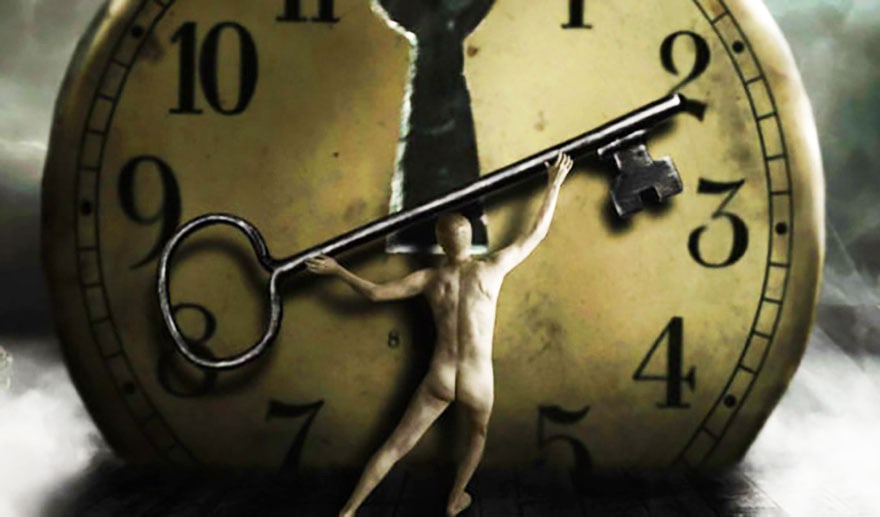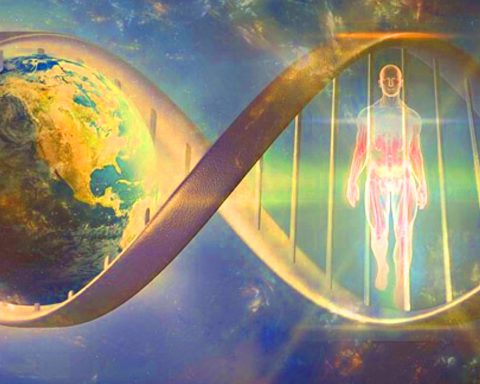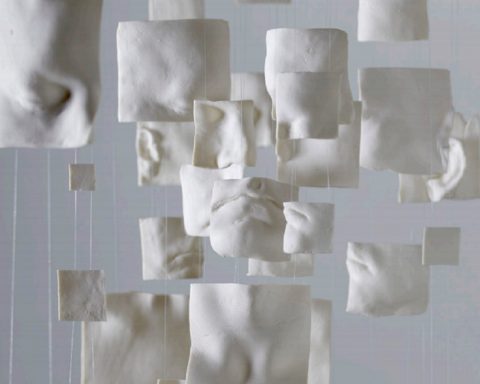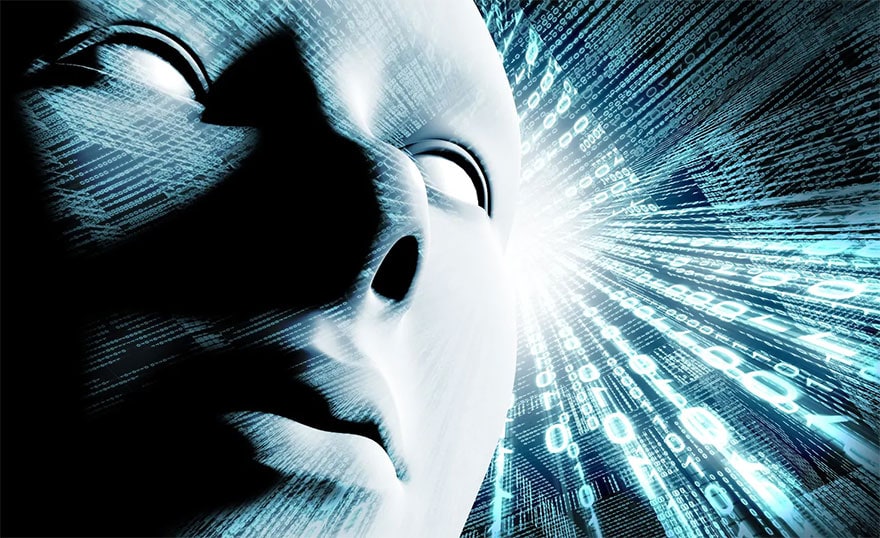Resurrection

Cloned brain
Manufacture of living things
READ IN UP' : Professor Franco: "We know how to rebuild the living"
Artificial intelligence

READ IN UP' : The Brain Wars
The Demiurgic Illusion

"Kill death"



READ IN UP' : Professor Franco: "We know how to rebuild the living"

READ IN UP' : The Brain Wars






Already registered? I'm connecting
Register and read three articles for free. Subscribe to our newsletter to keep up to date with the latest news.
→ Register for free to continue reading.

You have received 3 free articles to discover UP'.





